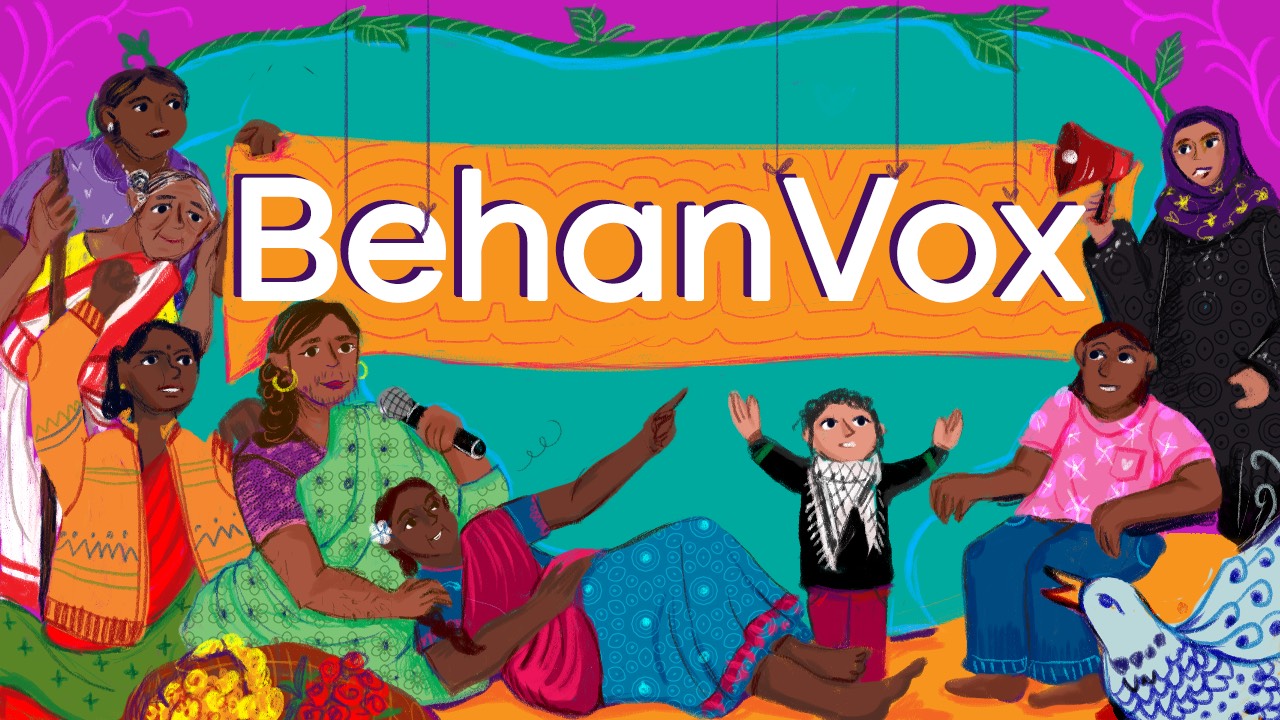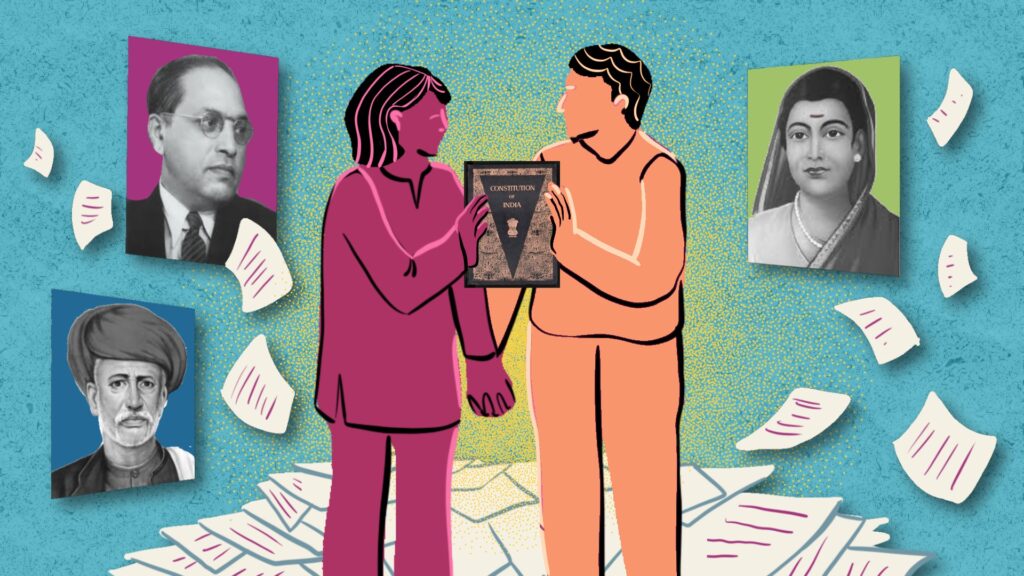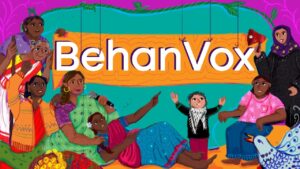[Readmelater]
BehanVox: The Curious Tale of Central Government’s Intercaste Marriage Scheme
This week in BehanVox: India's gender gap widens, Umar Khalid writes about hope and captivity from Tihar Jail, and more
Support BehanBox
We believe everyone deserves equal access to accurate news. Support from our readers enables us to keep our journalism open and free for everyone, all over the world.





